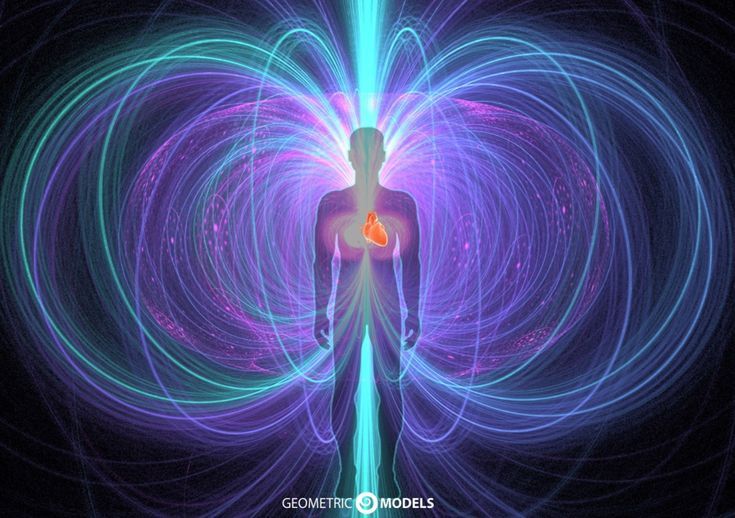Baby don’t hurt me, I know…
Seriously though, what is it? An invented idea? I kinda think so tbh. It’s just a release of chemicals in the brain/body that produce feelings we label as love. I mean, right? There is no meaning to anything except the meaning we each individually give it, it has to be the same with “love” too.
Its definition seems to change depending on the time period and location. Nowadays in the west, it seems like mostly a tool for marketing/business.
I guess it’s a deep fondness, gratitude, etc for someone or something. The reason I’m even asking this is because reading through LBFH’s sales page had me thinking, “do I even know what love is?” It’s spoken about in such an objective way, as if it’s really a thing you can touch.


